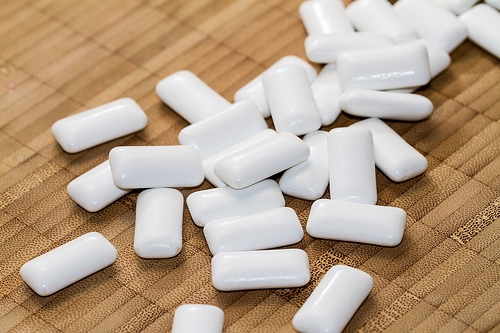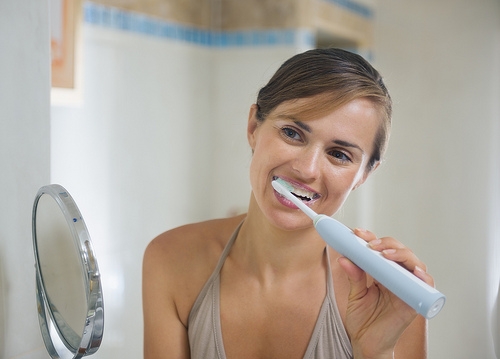Top Five Things to Keep Your Dentist Smiling
July 12th, 2023

Come say hello twice a year. The American Dental Association says two times is the charm. Multiple visits a year lets us keep an eye out for any developing issues. It’s important to remember that this goes for the whole family. Children over one year old should be seeing Dr. Jennifer Wells and Dr. Erik Wells!
Stay fresh. At Healthy Smiles, we have a virtually unlimited stock of toothbrushes and floss, which means you have no excuse to be using a sad, ineffective toothbrush. As soon as bristles begin to fray, pick up a new one or stop by our Watkinsville office and we’ll replace yours. On average, you should be opening a new one every two to three months.
For goodness sake, floss! Flossing is an efficient way to keep your whole mouth healthy. It not only protects your teeth by removing aggregated plaque, it keeps your gums happy, too.
And brush. Practicing regular healthy habits is essential to keeping your mouth—and us—happy! When it comes to brushing that means two minutes, two times a day. If your kids need some encouragement, try making a calendar or playing a song like this.
Tell a friend. One way you can help us is by spreading the love. Tell your friends about what a good thing we’ve got going here. The more the merrier. And the healthier.



